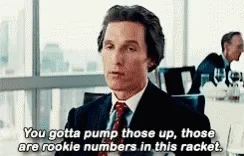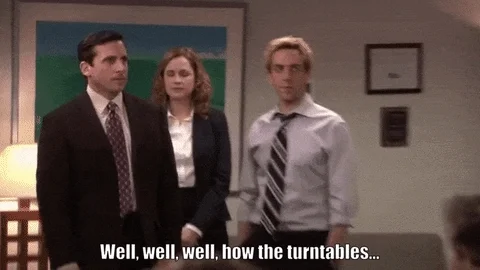YES! All the time. That’s most of what they are there to do! The jury is there to decide the facts under the law.
So you’re saying a lower-court judge can order that, say, Article III Section 3 defining treason can rule that “levying war against” the United States is just fine and dandy? Isn’t that judge then “giving aid and comfort” to the traitors and is thus themself a traitor? Where does it end?

Yes, exactly. The catch is that it’s just for the case they are hearing, which can be appealed. And cases with constitutional questions can be appealed all the way up to SCOTUS, who can end it by hust refusing to hear the case.
The idea is that judges issue rulings on whether such and such rule applies to such and such in this particular case. It ends when another judge or panel of judges at a higher level rules that the lower court should not have made that ruling based on the letter of the law and/or precedent.
This also now comes along with the Shirley Exception, broadly summarised as:
“This new law will lead me to ending up in prison.”
“Not you, surely? You’re a good person.”
It sounds legitimate. In this case - even confirming your name is incriminating.
If anything, I was surprised at how low the number was!


The thing about standards, is that there are so many to choose from.
This topic was automatically closed after 5 days. New replies are no longer allowed.